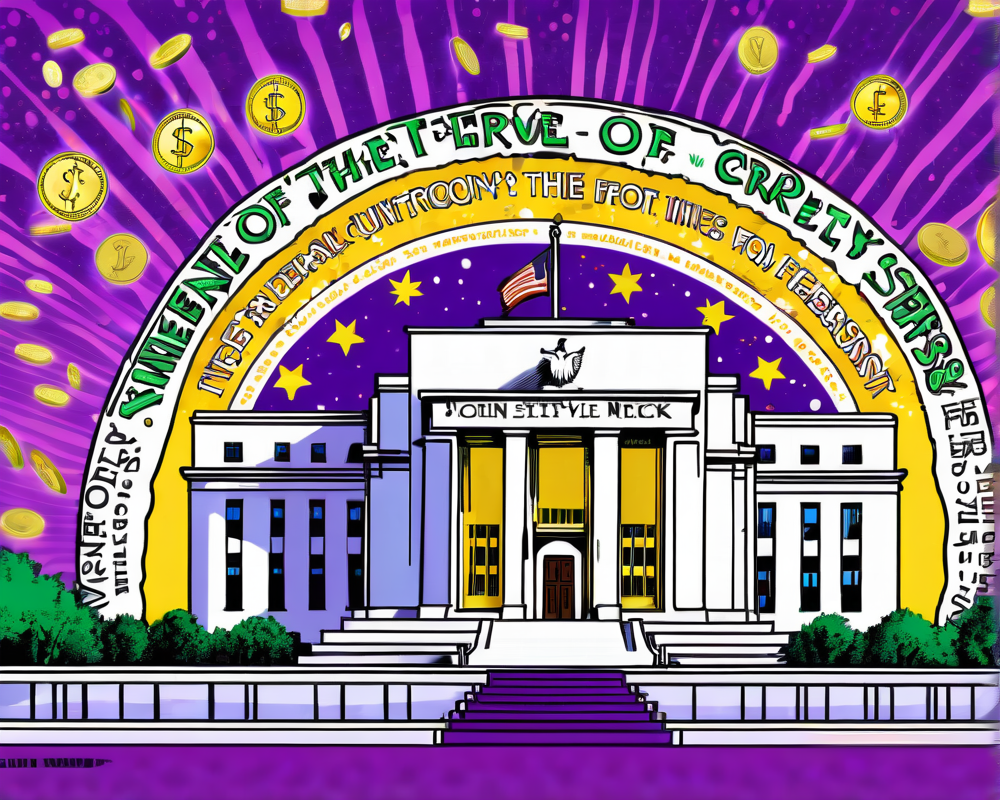The Great Bitcoin Debate
In the wake of FTX’s dramatic downfall and the liquidity scandal gripping the cryptocurrency world, the European Union is raising its regulatory eyebrows. Lawmakers globally are scrambling to draft clearer guidelines for this volatile market. Enter the European Central Bank (ECB) with its eye-opening blog post, “Bitcoin’s Last Stand”, which paints a rather grim picture of Bitcoin (BTC). It’s like watching a car crash in slow motion—you can’t look away, even as it plays out in front of you.
Key Takeaways from the ECB Post
Written by Ulrich Bindseil and Jürgen Schaaf, this post claims that Bitcoin is hobbling down the path to irrelevance. Here are the juicy highlights:
- Low Transaction Usage: The ECB asserts that BTC is rarely used for genuine transactions, opting instead to muddle in the murky waters of illegality.
- Misinterpreted Regulation: They warn that the increasing regulatory focus can be misconstrued as an endorsement of cryptocurrency.
- Warning to Banks: Banks, beware! Interacting with digital currencies could tarnish your reputation, or as the kids say, “put some dirt on your name.”
ECB’s Twitter Take and Community Fury
On Twitter, the ECB couldn’t resist spreading its bleak message further, noting the supposed artificial stabilization of Bitcoin’s value. Naturally, this did not sit well with the crypto community.
“The apparent stabilization of bitcoin’s value is likely to be an artificially induced last gasp before the crypto-asset embarks on a road to irrelevance.”
With Twitter (the land of hot takes and epic roasts) ablaze, commenters fired back, challenging the ECB’s claims. One user even pointed out potential conflicts of interest regarding one of the authors, Bindseil, who has a history of defending central bank digital currencies (CBDC). Talk about throwing shade!
Fact-Checking the ECB
Critics didn’t just whine; they presented their case with well-documented facts. A vocal user poured cold water on the claim that BTC mostly fuels “illicit activity”. Their comment succinctly summed up the evolving usage of Bitcoin:
“The vast majority of Bitcoin usage is for legal spending, for-profit speculation, and gambling—not ‘illegal transactions’. It’s not 2012 anymore.”
Memes and Comparisons Galore
The responses flooded in like a tide of meme-fueled humor. The classic “Bitcoin is dead” memes resurfaced, with the community mocking the ECB’s previous mispredictions regarding inflation. As one clever individual reminded everyone, the euro’s value isn’t exactly rising to the occasion either. Who’s winning this game of comparative currency analysis?
The State of Digital Currency Exchanges
Meanwhile, while the naysayers are revving their engines, the digital currency exchanges continue to expand their territories across the EU. Bitpanda’s recent acquisition of a crypto license in Germany and Gemini’s green light in Italy and Greece show that the crypto party isn’t slowing down. It’s as if the world of digital currencies is throwing a big middle finger at the skeptics.




